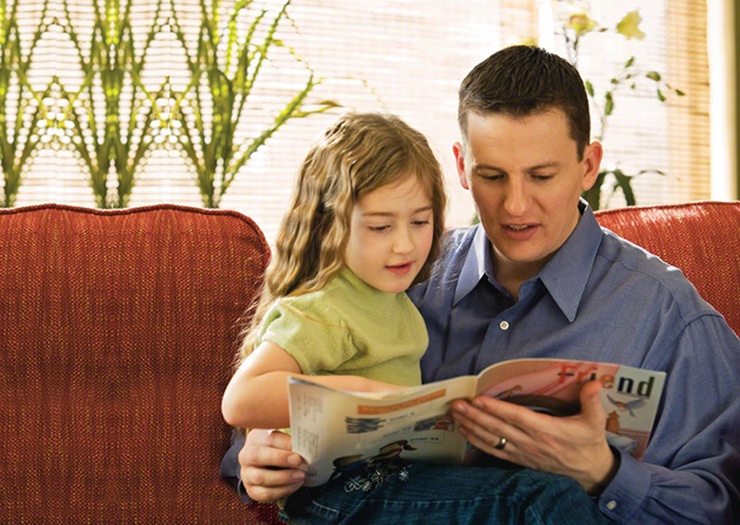Salt Lake City Utah, USA
For one thing, it’s not just men that have this addiction. More and more females are becoming entrapped in this plague. In fact, one in three pornography viewers are women. Reading erotic literature, another form of pornography, is more prevalent among women than men. So, before ladies complain about guys, they should think twice before reading smutty romance novels!
When we talk about “pornography” addiction, in addition to reading erotic literature, we should include other compulsive sexual behaviors such as voyeurism, exhibitionism, masturbation, sexual fantasies, sexting, constantly seeking the attention of the opposite sex, or other excessive sexual pursuits and/or thoughts. Like any other addiction, behaviors can escalate from viewing pornographic images to seeking out illicit relationships with prostitutes or affair partners. Some of these behaviors have health risks, such as STDs, and can damage relationships and careers. Those who think that there’s nothing wrong with porn, have bought into a huge fallacy perpetuated by a multi-billion dollar industry.
Unlike other addictions, there really aren’t physical symptoms to denote a problem, so sexual addiction is easy to hide. We don’t like to openly talk about s-e-x, so addictions associated with the topic are kept quiet and hidden in shame. I thought I must be a complete idiot for going so many years without knowing about my own husband’s issues, but my story is not uncommon. After years of hiding, my husband, like many sex addicts, became an expert at concealing the truth and creating elaborate cover-ups for his behaviors. It is important to know that the real pain of this addiction experienced by partners is the deceit. That’s why many partners of sex addicts experience betrayal trauma. They feel betrayed – as in deceived, misled, cheated, fooled, and duped. That’s ugly stuff when it comes from the person you thought you could trust more than anybody else.
When addicts engage in observable or some of the more obvious behaviors of addiction, we call that “acting out.” Some people incorrectly believe that once these acting out behaviors stop, the addiction is gone. When an addict stops acting out in their addiction or is in a period of abstinence, we say they are “sober.” Being sober is not the same as being in recovery. LifeStar therapist, Forest Benedict, describes recovery as
“ . . . A lifestyle change, wherein we’re moving from a lifestyle of self neglect and self-destructive behavior to a lifestyle of self-care.” A lifestyle change lasts for a lifetime! Many young men clean up and stop acting out in their sex addiction before they go on their missions. They are sober for two years, but the underlying causes of their addiction behaviors are not addressed. They are sober, but not in recovery. That’s why a large number of missionaries come home and return to their unwanted habits. They have not been given the necessary tools for lifelong recovery. Some partners are misled into thinking their addict is in recovery because he or she has not acted out for a long period of time. Addicts can learn to “white knuckle” their way through sobriety. They simply hold on for dear life (envision a grip that is so tight, your knuckles turn white) and stay sober for a period of time out of sheer willpower until they eventually succumb to their unhealthy emotions and act out again. This repeated pattern of behavior is known as the addiction cycle. Being sober is a beginning step toward recovery, but much more needs to be done before real change and recovery occurs.
Had I known all this information years ago, I might have noticed some of the warning signs I saw from my husband. After nearly two years of diligently working on recovery, I can now see real evidence that he is changing. So, what are other signs of addiction besides acting out? Let me give you a “before recovery” and “active in recovery” snapshot from my own experiences of some of the more subtle signs of sexual addiction contrasted with behaviors associated with true recovery. Everyone has their own unique road to recovery, so keep in mind that these are MY experiences and observations of my husband’s journey. Every addict must choose their own path and none of those paths are going to look identical. I will also be including my husband’s thoughts and insights as he has shared them with me.
Hope & Healing Pornography Addiction Education and Recovery, an Affiliate of Moroni Channel
Latest posts by Hope & Healing Pornography Addiction Education and Recovery, an Affiliate of Moroni Channel (see all)
- 9-year-old primary killed while riding bike - June 26, 2025
- 8 young women died during church activity - June 26, 2025
- LDS Church yet to issue official statement on reported Missionary kidnapping in Congo - June 21, 2025
- Utah Native Finds Success on Broadway and HBO’s Gilded Age - June 19, 2025



